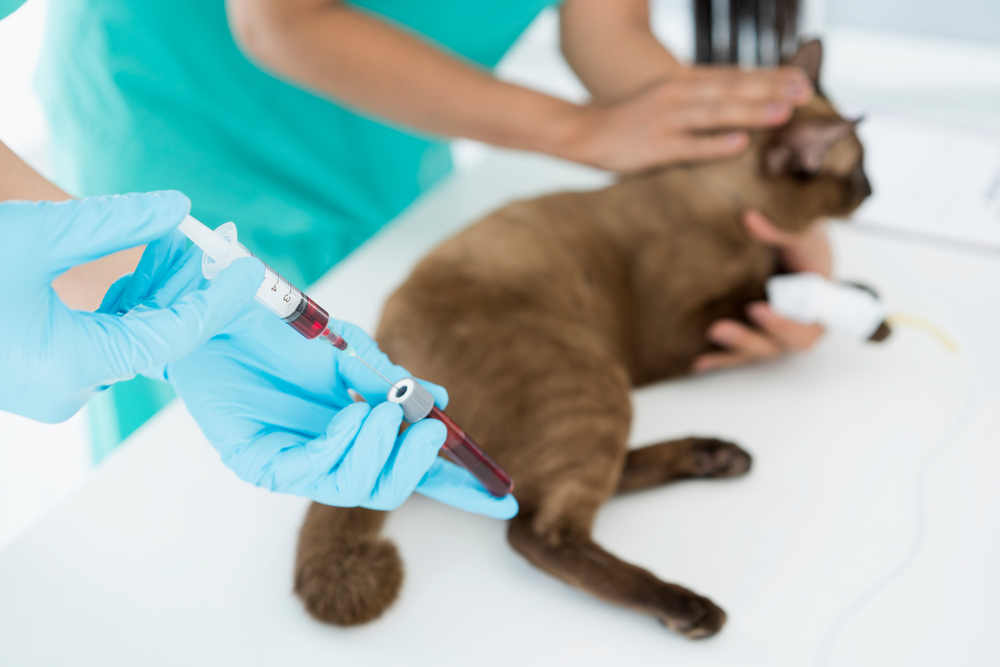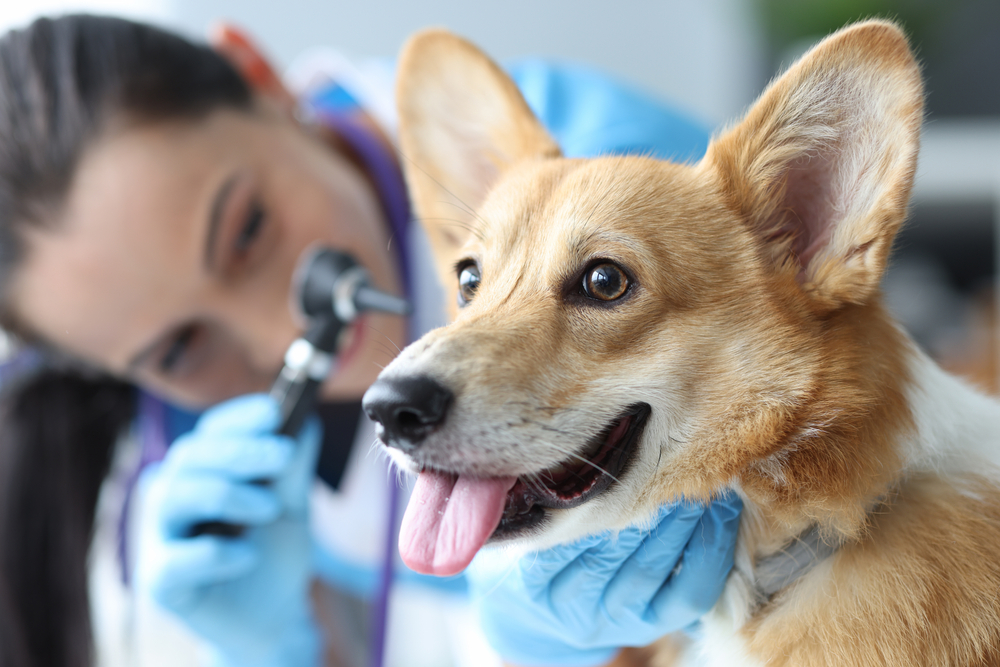We take children to their doctor for annual physicals and preventive care, and adults are encouraged to see their healthcare provider at least once yearly. These annual visits serve an important role in maintaining health by getting ahead of potential problems.
We should apply the same wisdom to our pets. Annual wellness visits, or semi-annual visits for senior pets, provide our Wales Animal Clinic team with an opportunity to examine your pet, ask and answer care questions and recommend health screenings, according to their age, species, and breed. Here, our team discusses the importance of the annual wellness visit and screening tests for your pet.
Components of your pet’s annual preventive care visit
A preventive care visit is an all-inclusive evaluation of your pet’s overall health. In addition to a complete physical examination, our veterinary team will consult with you about your pet’s lifestyle, nutrition, behavioral health, exercise, disease risks, and parasite control. Also, based on your pet’s history and the information you have shared, we may recommend the following services:
- Core vaccinations
- Non-core or lifestyle vaccinations
- Fecal and blood parasite testing
- Heartworm prevention
- Flea and tick prevention
- Wellness screening tests
During your pet’s physical examination, we may notice early disease signs—commonly, dental disease, fractured teeth, heart or lung conditions, arthritis, and weight changes—that were too subtle for you to pick up on at home. We may recommend additional procedures or tests to address these changes before they get worse.
Pet wellness screening test recommendations
The wellness screening tests recommended during a routine visit will vary depending on your pet’s species, age, breed, and health history. Possible recommendations include:
- Blood chemistry test — A blood chemistry analyzes substances dissolved in the liquid portion of a pet’s blood and provides internal organ function information.
- Complete blood count — A complete blood count looks at the numbers, ratios, and quality of white and red blood cells and platelets.
- Thyroid (T4) level — Thyroid disorders are common in cats and dogs and can seriously damage their body if left untreated.
- Urinalysis — A urine sample provides helpful information about kidney function and urinary tract health.
- Blood pressure testing — We use your pet’s leg to check their blood pressure with a cuff, similar to a human measurement.
What can wellness screening tests reveal about your pet’s health?
These wellness screening tests can be used alone or in combination to diagnose a variety of common and uncommon diseases that may not show overt signs or symptoms at first, or cause changes that you notice, but may not understand. Wellness screening tests provide information about your pet’s internal health that we cannot readily see on a physical examination alone. Information includes:
- Kidney, liver, and pancreatic function
- Electrolyte and mineral balance
- Immune system status
- Clotting ability
- Presence of infection
- Systemic stress status
- Thyroid function
Why annual pet wellness screening tests are important

You may wonder if wellness screening tests are worth running when your pet is young and healthy. The truth is, your pet’s annual test results are important, whether normal or abnormal. You should invest in annual testing for the following reasons:
- Establishing a baseline — Normal results in a young, healthy pet help us establish their individual normal. Without this baseline, we will not know their abnormal should they become sick.
- Tracking trends — By completing tests annually after the initial baseline screening, we can compare each test side by side and watch for slow-moving changes and trending values year over year. This facilitates earlier disease detection.
- Early disease detection — Diagnosing disease in the early stages allows for a more favorable prognosis in most cases, meaning your pet will likely feel better and live longer if a problem is treated before becoming more advanced. A good example is chronic kidney disease, which starts long before pets begin to develop overt outward signs, and when signs do develop, the pet has lost nearly all kidney function. But, if pets are diagnosed early using routine wellness screening tests, we can institute simple dietary changes that will reduce the kidney’s workload and add years to your pet’s life. You’ll also save money on hospitalized or intensive pet care when you proactively diagnose and treat problems sooner, before they become critical or emergent.
The Wales Animal Clinic team strongly believes that preventive care is the best strategy for keeping your pet healthy and extending their lifespan, so they can remain by your side for many years to come. Proactive, rather than reactive, care is key to stopping or slowing down early disease processes. Contact us to schedule your pet’s next wellness visit and to discuss screening tests appropriate for their age, species, breed, and overall health status.







Leave A Comment